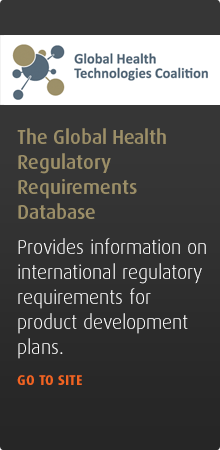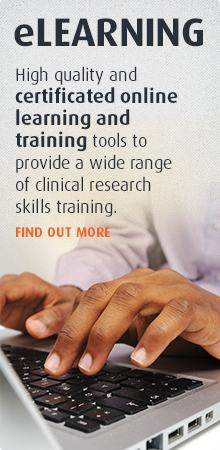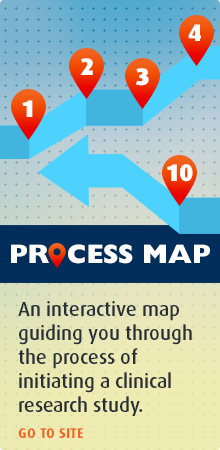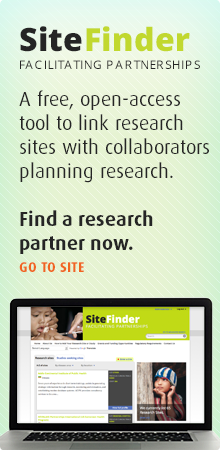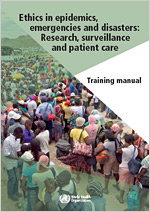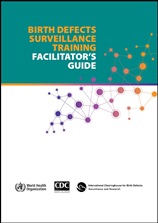| Resources | Zika is currently impacting many countries in which levels of existing research experience and capacity vary greatly. There are many unanswered questions about Zika and so we need to embed research training within the public health response to this outbreak. Therefore it is important that all affected regions are involved and have the opportunity to take part in research, irrespective of their existing experience and infrastructure. This area within this Zika research website aims to provide the tools, training, support and guidance to help healthcare providers and laboratory staff undertake the collection of samples and data for the purpose of research. Many of these resources are drawn from the wider Global Health Network within which this platform sits. However, there will be an ongoing effort to develop online tools and hold research skills workshops in the affected regions. So watch this space as more courses, information and tools are added. Also, do contribute! Say what training you need or share any training tools that you have - this is an open sharing space and so do get involved. It's all about speeding up the process of getting high quality evidence to answer the many questions about Zika and then ultimately to conduct trials on any interventions and vaccines that present as possibilities to control the spread of infection.
Skills sharing workshops The Global Health Network is well known for working with partners in different countries to bring together all those that work on clinical research studies to share their experiences and challenges within a specific city or regions. These can be broad or topic specific. The Global Health Network support the local research institute pull together an agenda for the workshop and then gathers speakers and host the registration process. These workshops have been very successful. Three full day workshops are being planned for 2016 to increase and support the research needs for Zika: i) Honduras - alongside the Journada Cientifica in September discussing building the capacity of Ethics committees and IRBs during outbreak research, and on applying ethical principles during outbreaks more generally (e.g. for the whole research team). ii) Columbia - encouraging research capacity in healthcare facilities to enable outbreak research taking place in late August. iii) Dominican Republic/Nicaragua - TBC. Considering the ethics of research in emergency settings. Ethical ConsiderationsThe Training Centre has very popular ethics courses which are globally applicable and accessible to those even in slow internet areas; see Essential Elements of Ethics and Research Ethics Online Training. The Nuffield Council of Bioethics have just released their briefing note concerning Zika.
Surveillance Training
Research Reporting The EQUATOR (Enhancing the QUAlity and Transparency Of health Research) Network is an international initiative that seeks to improve the reliability and value of published health research literature by promoting transparent and accurate reporting and wider use of robust reporting guidelines. The site is available in Portuguese and Spanish, with many key documents already translated to Spanish. Efforts are underway to translate more key documents into Portuguese. Other training links and resources Please contact us if you have any other materials or resources you would like to share with the community. |
||||||||||||
| Data Collection Tools Research Training and Support Guidelines Laboratory Support Current and Planned Research Research Priorities Funding Initiatives |
